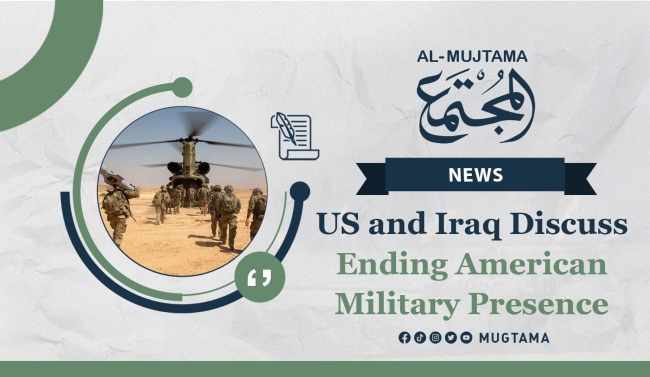US and Iraq Discuss Ending American Military Presence Featured
The Talks Begin
According to Reuters, the United States and Iraq are about to start talking about ending the mission of the US-led military coalition. They want to figure out how to replace it with bilateral relations. This means that they want to have a different kind of relationship between the two countries.
No More Preconditions
Before these talks, the United States had a condition. They wanted Iranian-backed Iraqi armed groups to stop attacking them first. But now, they have dropped this condition. This means they are willing to talk without any requirements.
A Letter from the US
The United States sent a letter to the Iraqi government to let them know they are ready to start these talks. The US Ambassador to Iraq, Alina Romanowski, delivered the letter to the Iraqi Foreign Minister, Fuad Hussein. The Iraqi government said they received an important message and that they will study it carefully.
What CNN Says
CNN, an American news network, says that the United States and Iraq are expected to have talks about the future of the American military presence in Iraq. This means they want to discuss what will happen to the US forces in the country.
Why These Talks Are Important
These talks are happening because there is a lot of instability in the region. The Iraqi government has been asking the United States to remove their forces from the country. So, it's become urgent to talk about what will happen next.
How Long Will the Talks Take?
The talks are expected to take several months, or maybe even longer. It's not clear what will happen in the end, and the US forces will not leave right away.
About the US Military Presence
Right now, the United States has around 2,500 military personnel in Iraq. They are there to give advice and help to the Iraqi forces. Their main goal is to make sure that ISIS, a dangerous group, doesn't come back after they were defeated by the Iraqi army in 2014.
Source: Agencies


